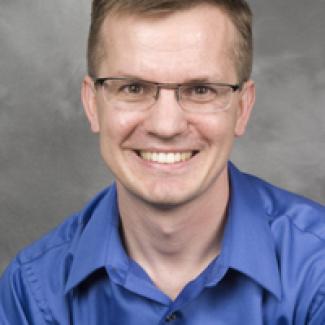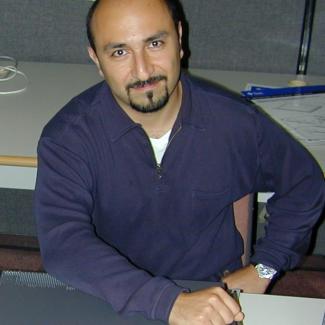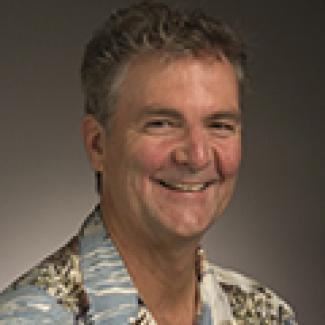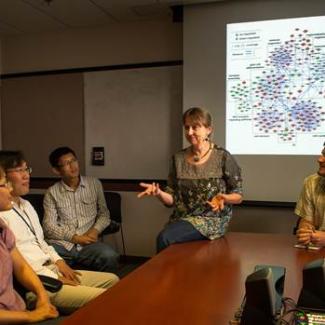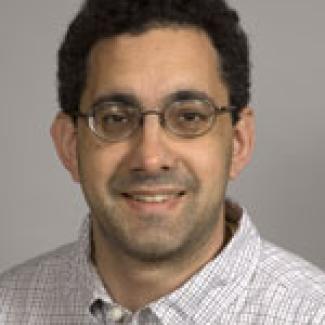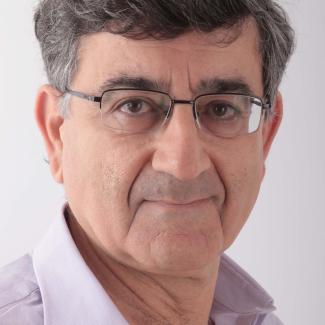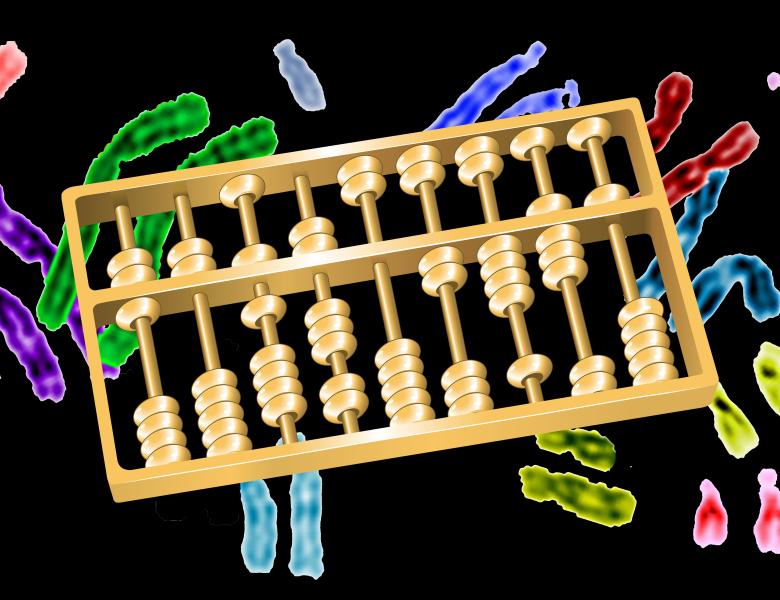
Computational Cancer Biology is a rapidly expanding area, utilizing deep sequencing techniques (“Next Generation Sequencing”) that facilitate the sequencing of tens of thousands of tumor genomes, along with other matching information. Large international projects are collecting and organizing this data, but developing powerful algorithms for the data analysis is a bottleneck. Current analysis techniques combine graph theoretic and machine learning approaches. One such line of work builds on the rich combinatorial and algorithmic theory of genome rearrangements. Another aims to improve classification of cancer patients and reveal biomarkers for specific disease subtypes, with the goal of improved diagnosis, prognosis and patient stratification. This workshop aims to survey the state of the art in this field and explore new algorithmic approaches with potentially large impact.
Visit the schedule page for the live-stream and archived videos. Enquiries may be sent to the organizers at this address.
Nadav Ahituv (UCSF), David Amar (Tel Aviv University), Vineet Bafna (UC San Diego), Serafim Batzoglou (Stanford University), Niko Beerenwinkel (ETH Zürich), Gill Bejerano (Stanford University), Angela Brooks (UC Santa Cruz), Colin Collins (Vancouver Prostate Center), Simona Cristea (ETH Zürich), Christina Curtis (Stanford University), Hu Ding (State University of New York at Buffalo), Nilgun Donmez (Vancouver Prostate Center), David Dynerman (UC Berkeley), Funda Ergun (Indiana University), Chris Greenman (University of East Anglia), Dan Gusfield (UC Davis), Iman Hajirasouliha (Stanford University), David Haussler (UC Santa Cruz), Trey Ideker (UC San Diego), Igor Jurisica (University of Toronto), Beyrem Khalfaoui (Mines ParisTech), Carl Kingsford (Carnegie Mellon University), Martin Kupiec (Tel Aviv University), Jens Lagergren (KTH Royal Institute of Technology), Hayan Lee (Lawrence Berkeley National Lab), Max Leiserson, Brown University, Marine Le Morvan (Mines ParisTech), Christina Leslie (Memorial Sloan Kettering Cancer Center), Ming Li (University of Waterloo), Doron Lipson (Foundation Medicine), Xiaolei Lu (Institute of Statistical Mathematics), Florian Markowetz (University of Cambridge), Uwe Ohler (Humboldt University/Max-Delbruck Center), Yaron Orenstein (Massachusetts Institute of Technology), Lior Pachter (UC Berkeley), Pavel Pevzner (UC San Diego), Sylvia Plevritis (Stanford University), Katie Pollard (UCSF), Victoria Popic (Stanford University), Teresa Przytycka (National Institutes of Health), Ben Raphael (Brown University), Daniel Rokhsar (UC Berkeley), Eytan Ruppin (University of Maryland), Cenk Sahinalp (Indiana University), Thomas Sakoparnig (University of Basel, Biozentrum), Russell Schwartz (Carnegie Mellon University), Sohrab Shah (BC Cancer Research Agency), Ron Shamir (Tel Aviv University), Roded Sharan (Tel Aviv University), Jared Simpson (Ontario Institute for Cancer Research), Mona Singh (Princeton University), Steve Smale (City University of Hong Kong), Paul Spellman (Oregon Health and Science University), Josh Stuart (UC Santa Cruz), Ewa Szczurek (ETH Zürich), David Tse (Stanford University), Fabio Vandin (University of Padova), Laura van't Veer (UCSF), Jean-Philippe Vert (MINES ParisTech), Michael Waterman (University of Southern California), Zhiping Weng (University of Massachusetts), Lim Soon Wong (National University of Singapore), Jinbo Xu (Toyota Technological Institute at Chicago), Zohar Yakhini (Agilent Technologies and Technion), Meirav Zehavi (Technion Israel Institute of Technology), Xiuwei Zhang (EMBL)



